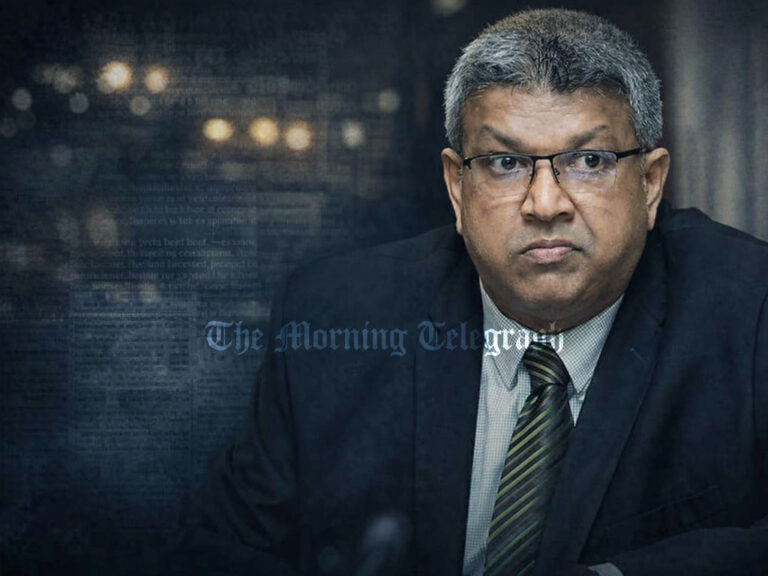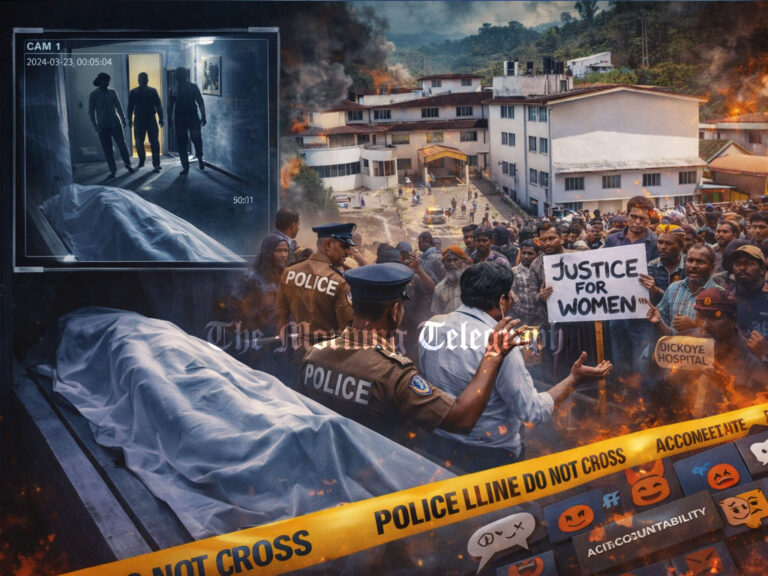
Public Security Minister Ananda Wijepala says that although underworld networks built over years through political influence and deep-rooted connections cannot be dismantled within a short span of five months, his ministry is working swiftly to create a safer environment for citizens to live without fear or suspicion.
He noted that individuals who had illegally deserted military service were now found to be involved in underworld operations. Over the past two months alone, about 1,700 such deserters have been arrested.
Speaking to the media after visiting the Malwatte and Asgiri Maha Nayake Theros to seek their blessings, Minister Wijepala further elaborated:
“More than a thousand illegal weapons have been taken into custody over the last two months. Several members of underworld gangs have been apprehended. Among them are individuals who deserted the armed forces and were later recruited into underworld activities.”
He added that 500 newly trained officers from the Police Special Task Force will be deployed starting tomorrow to crack down on organized crime and criminal syndicates. Furthermore, several suspects hiding abroad have been brought back to Sri Lanka with the help of Interpol, and red notices have been issued for others still at large.
Underworld activities and sporadic shootings have long plagued the country. The Minister stressed that these incidents are not being taken lightly. “It is no secret that certain politicians have, over the years, played a role in fostering underworld groups and the drug trade,” he said.
“This system—carefully entrenched over a long time—was often manipulated by political entities to gain and maintain power. It is not a problem that can be fully resolved in four or five months. But we are committed to bringing lasting control.”
The Minister reaffirmed that the government’s mission is to build an environment where people can live in peace and security, free from threats of violence or intimidation. He emphasized that tackling the underworld and the drug trade is a top priority, and a comprehensive plan is already in motion to address these challenges.




